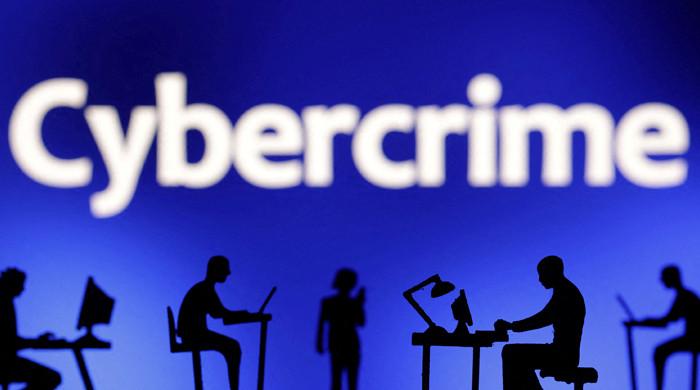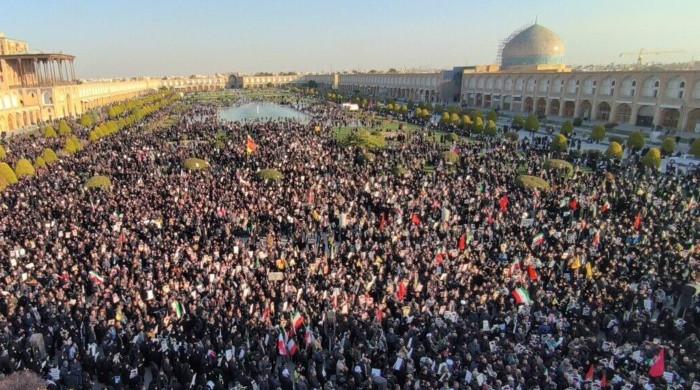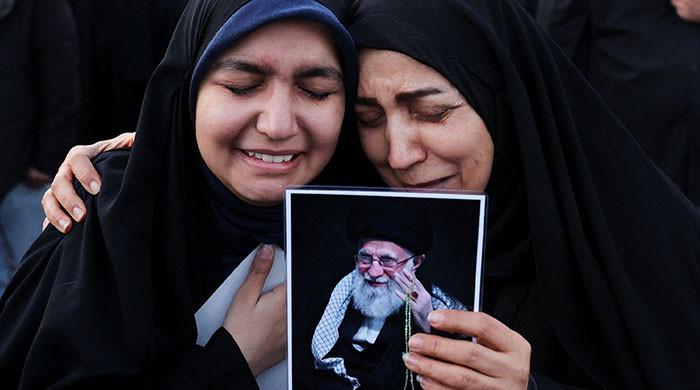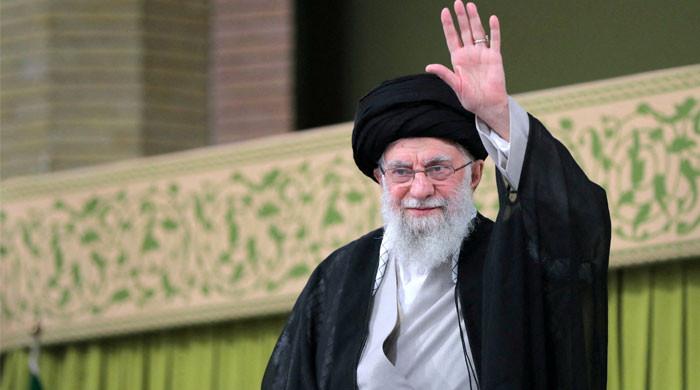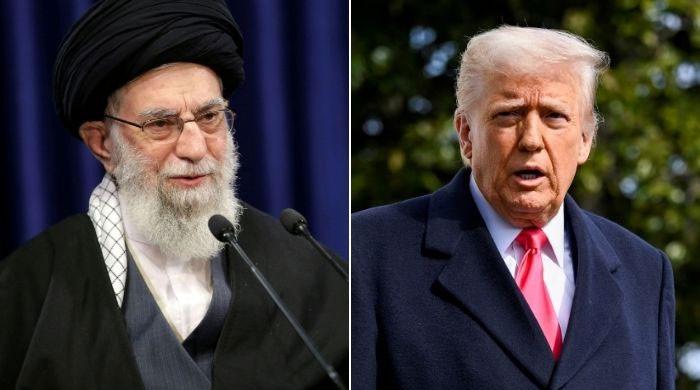Sweden convicts man for desecrating Holy Quran in 2020
It's the first time Sweden has ever convicted anyone for desecrating Holy Quran
October 13, 2023
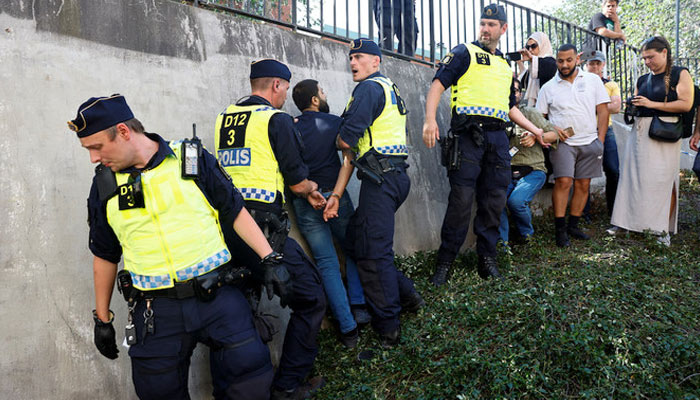
A Swedish court on Thursday found a man guilty of inciting ethnic hatred by burning the Holy Quran in 2020 marking the first time the accusation of desecrating the Islamic holy book has been prosecuted in the nation's legal system.
The conviction follows a spate of Holy Quran burnings that occurred earlier this year, which sparked global indignation and elevated Sweden's intelligence agency's terror alert level, making the country a "prioritised target".
Despite condemning the desecrations, the Swedish government repeatedly upheld the country's extensive freedom of expression laws.
The Linkoping district court in central Sweden found the 27-year-old man guilty of "agitation against an ethnic group", saying his action had "targetted Muslims and not Islam as a religion", and "can hardly be said to have encouraged an objective and responsible debate".
The convicted man had previously recorded a video clip in September 2020 outside the Linkoping mosque showing a Holy Quran and bacon being burned on a barbecue, with a pejorative remark about the Prophet Mohammed (PBUH) written on a sign under the barbecue.
The man had posted the video on Twitter, now known as X, and YouTube, and placed the burnt Holy Quran and bacon outside the Linkoping mosque.
The song "Remove Kebab" was used in the video, a song popular among far-right groups and calls for the religious cleansing of Muslims, AFP reported.
According to the court, "the music is strongly associated with the attack in Christchurch", New Zealand, in 2019, when an Australian white supremacist live-streamed himself killing 51 people at two mosques.
The man had denied any wrongdoing, arguing that his action was a criticism of Islam as a religion. However, the court rejected that argument.
"The court finds that the chosen music to a film with such content can not be interpreted any other way than as a threat against Muslims with an allusion to their faith," the court wrote in a statement.
"The film's content and the form of its publication are such that it is clear that the defendant's primary purpose could not have been other than to express threats and contempt," it said.




